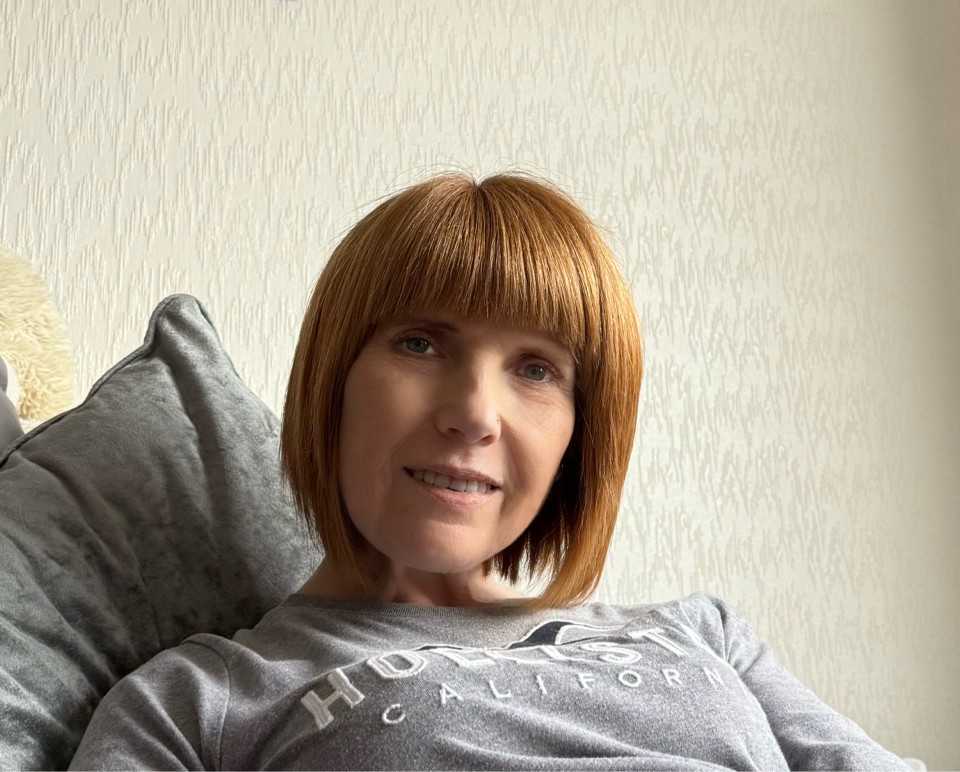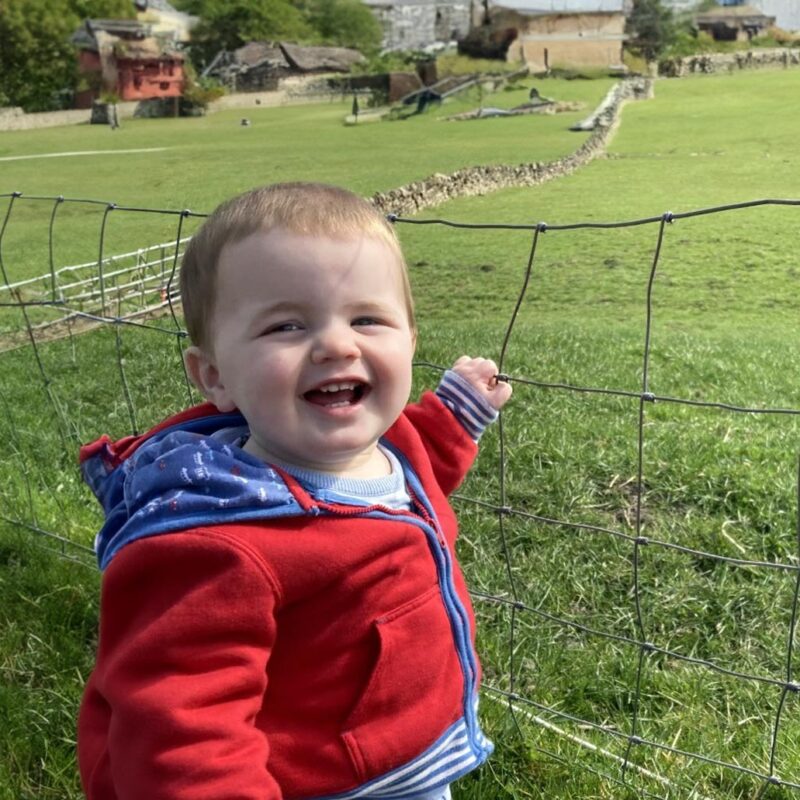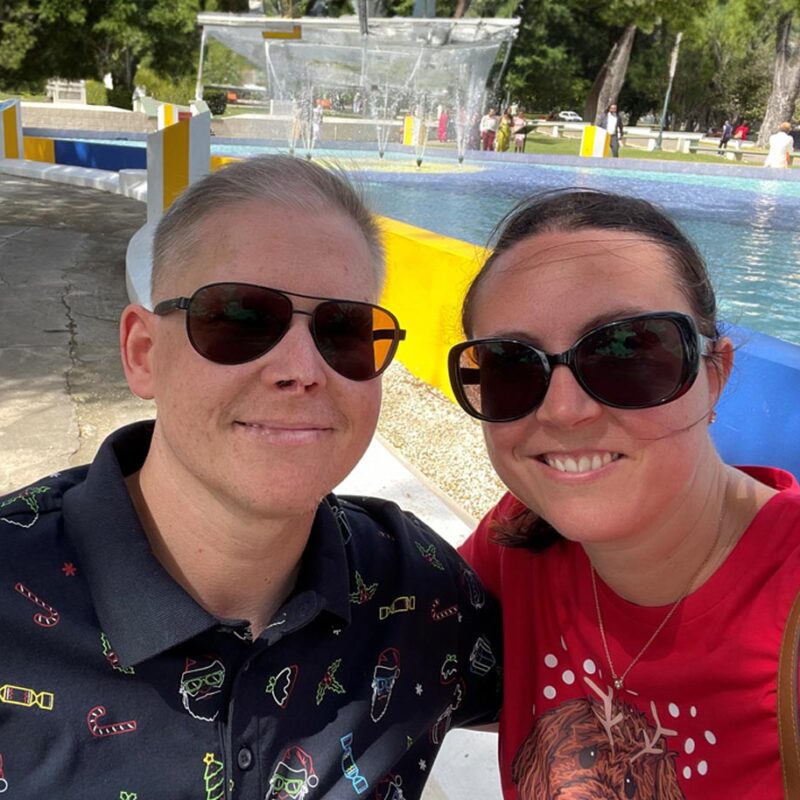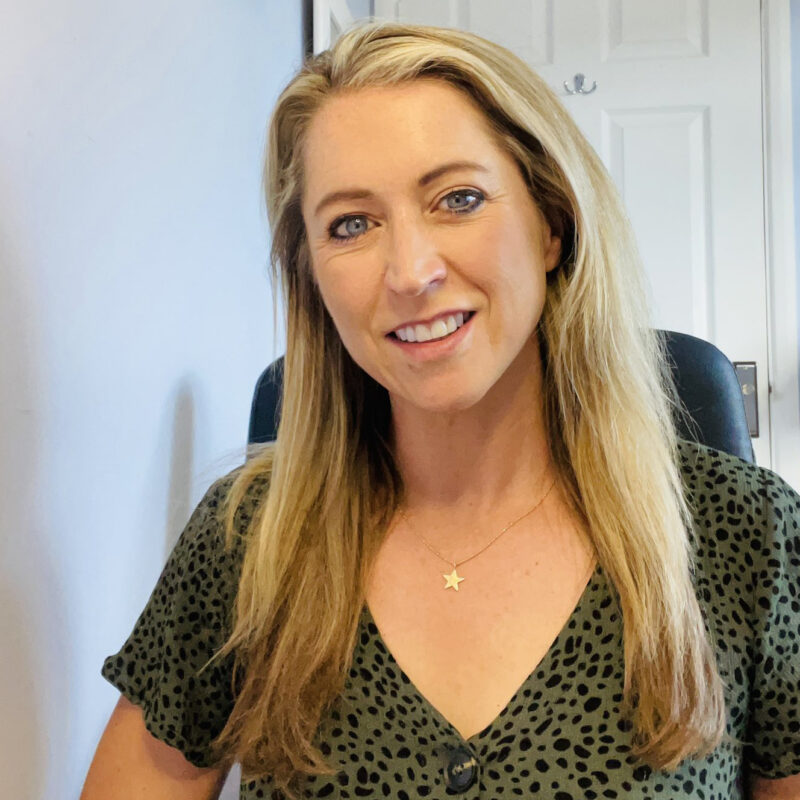Natalie Portinari, who has survived sepsis three times and lives with chronic kidney disease urges people to “live each day like (their) last.”
She shares her story to raise awareness about the subtle symptoms of chronic kidney disease and sepsis.
She believes her first encounter with sepsis occurred in 1994 after an insect bite became infected. Initially, her GP reassured her “nothing was wrong” and advised her to use bite and sting cream. However, as her condition worsened, a chemist warned it was “really bad” and that she needed to go to A&E urgently. Doctors diagnosed her with blood poisoning, but Natalie now understands it was sepsis, having experienced it twice more since then.
Six years later, in January 2000, she had sepsis again. She explained: “They said to me, ‘Your intestine is twisted’, and they reeled off all these things — they never used the word sepsis.”
In fact, Natalie only realised it was sepsis upon reviewing her medical records in 2001, noting that “nobody used the word sepsis back then.”
The sepsis episodes left Natalie with bile acid malabsorption, affecting her ability to retain water, which has impacted her kidneys. She was diagnosed with chronic kidney disease in 2015, which has left her often lethargic, nauseous, and struggling to maintain her weight.
Despite her ongoing health issues, she was unaware of her increased susceptibility to sepsis, which struck again in March 2022.
This latest episode began with a toothache and numbness on the right side of her face, prompting a visit to the dentist, who performed a root canal as she had a crack in one of her teeth, but couldn’t explain the numbness.
The following day, she continued to have numbness on the right side of her mouth, so visited her GP. Natalie explained: “I said, look, I don’t know if I’ve had a stroke because I’m still numb but I’m finding it really hard to open my mouth. I don’t want to eat, my jaw feels like it’s locked, I’ve got lots of pain under my ear.”
So, her GP quickly referred her to the Royal Free Hospital A&E. Thankfully, A CT scan ruled out a stroke, and a neurologist attributed the numbness to the recent dental work and told her to go home.
But, while at home, she soon began to feel lethargic and was struggling to eat, and managed to get herself a private appointment with an ear, nose and throat specialist that week at Highgate Hospital. The specialist put a camera down her nasal passage and saw something “really really bad” and referred her to the University College London Hospital.
There, a blood test revealed her Glomerular Filtration Rate (GFR) was at 12, indicating end stage kidney failure.
Doctors also discovered that she had sepsis resulting from her tooth becoming infected and an abscess forming in her mouth — so, she was taken into intensive care and her tooth was removed. To drain all of the fluid, doctors put Natalie in an induced coma for 24 hours.
The doctors even informed her parents that without the specialist’s intervention, she might have “died that night.” Fortunately, Natalie’s kidneys began to recover without dialysis.
When getting home, Natalie began to realise just how tough the road to recover would be. “I didn’t feel well at all and my whole body was swollen and I could hardly lift my arms and legs up,” she said. “I couldn’t walk, my feet were like blocks of wood.”
She was only informed of her sepsis diagnosis at a follow-up appointment, and felt unprepared for her body’s response post-sepsis. Natalie’s struggle also took a toll on her mental health, and she became paranoid that her emetophobia, fear of vomit, would return.
Seeking support, she connected with the UK Sepsis Trust, where a Support Nurse reassured her that her symptoms were “normal”. She said: “It was like a revelation and I sat there and just burst out crying.”
Since then, Natalie has fundraised for UKST, which we’re very grateful for.
In addition to her other health challenges, Natalie has been diagnosed with microvascular heart disease, coronary artery spasm, an enlarged heart, and heart failure, and is on protein injections to manage these conditions. Her GFR remains low, at 25 as of 2024, and she is being tested for myasthenia gravis due to sepsis complications.
Reflecting on her journey, Natalie said: “If you go to a hospital or you go to the doctor’s and you’re not feeling right, and you think that there’s something wrong, you need to be telling them, ‘Could this be sepsis?’ Question it, question everything because I wish I would have done that.”





